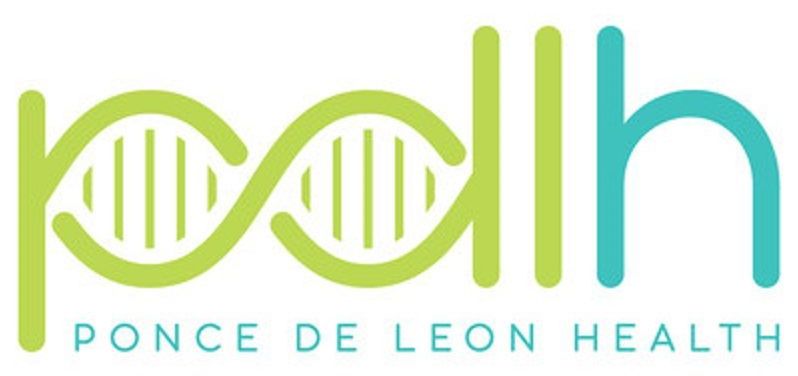3 things:
1. The company claims that it has been successful in reducing the epigenetic age of participants(17 people) by an average of 8.5 years with its dietary supplement Rejuvant.
2. Obviously, this has yet to be proven conclusively in human trials, and the company is busy preparing to launch a larger-scale trial later this year to that end.
3. I want to know if it reset telomeres.
Today, we want to highlight a press release from Ponce de Leon Health that talks about the results of a pilot consumer trial that the company has recently concluded. The company claims that it has been successful in reducing the epigenetic age of participants by an average of 8.5 years with its dietary supplement Rejuvant.
Ponce de Leon Health initially worked with Dr. Brian Kennedy, who was, at the time, based at the Buck Institute for Research on Aging, searching for compounds that were generally recognized as safe (GRAS) but that had the potential to influence aging in mammals. The company screened over 300 GRAS compounds and identified compounds that could modulate a number of pathways that are linked to aging. These compounds affected the mTOR pathway, blocked the proinflammatory secretions made by senescent cells, affected genomic stability pathways, aided in ammonia detoxification, and supported protein homeostasis.
Dr. Kennedy subsequently joined Ponce de Leon Health as its Chief Scientific Officer, and the company has been busy testing and preparing to translate these findings to people. Its strategy has been to test its products on mammalian models that closely emulate human aging in order to give the best chance of translating beneficial results to us.










Comments are closed.